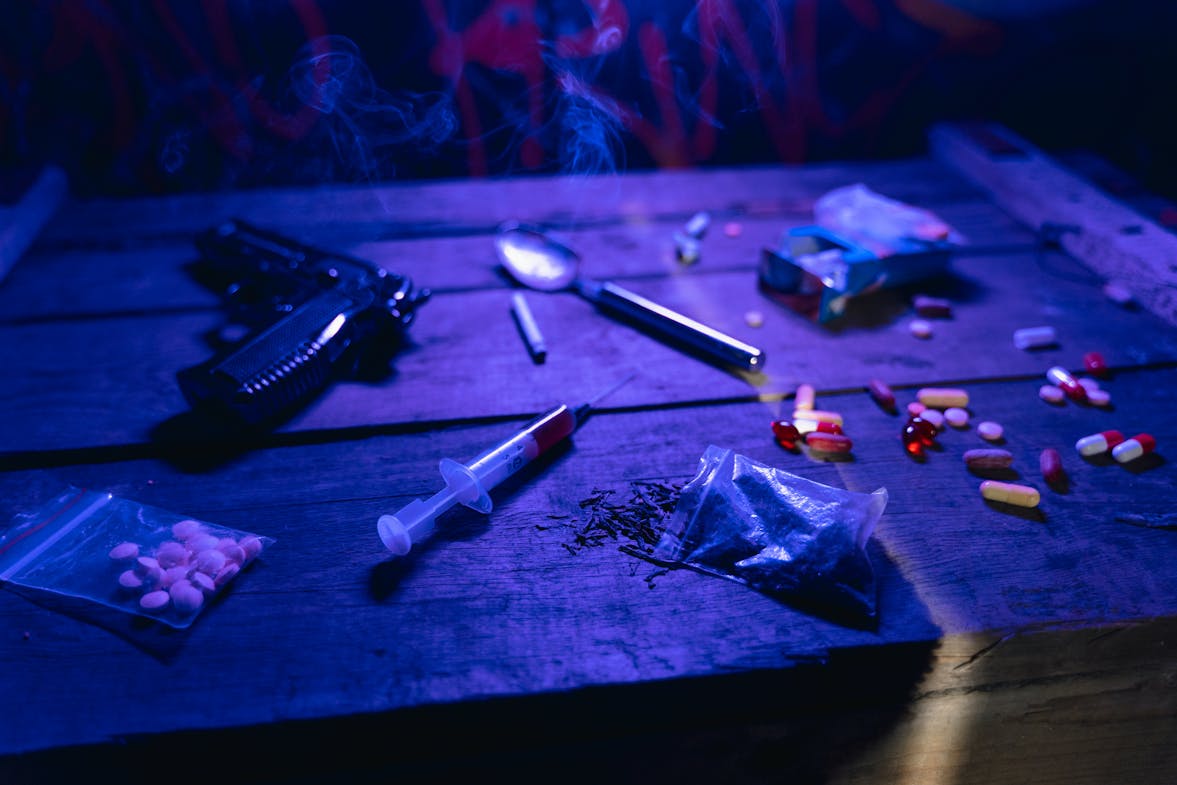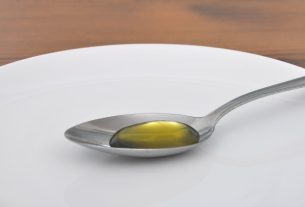An Indian pharmaceutical company, Aveo Pharmaceuticals, has been found at the heart of West Africa’s escalating opioid crisis, manufacturing unlicensed, highly addictive drugs and exporting them illegally to countries like Ghana, Nigeria, and Côte d’Ivoire. A BBC Eye investigation uncovered the disturbing role Aveo plays in producing tapentadol, a potent opioid, mixed with carisoprodol, a muscle relaxant banned in Europe due to its addictive properties. The combination, marketed under various brand names including Tafrodol, TimaKing, and Super Royal-225, has been linked to widespread abuse and is now fueling an alarming public health crisis across West Africa.
The concoction of tapentadol and carisoprodol is not licensed anywhere in the world and poses severe health risks. Overdoses from these drugs are often fatal, while prolonged use leads to breathing difficulties, seizures, and severe withdrawal symptoms. Despite these dangers, the drugs are widely available on the streets in West African nations, mainly due to their low cost and easy access.
Through a series of undercover investigations, the BBC traced the origins of these drugs back to Aveo’s Mumbai-based factory, where a company director, Vinod Sharma, was filmed acknowledging the harmful nature of the product, but dismissing it as “just business.” In secret footage, Sharma openly discussed how the pills could be used recreationally to achieve a “high.” His indifference to the drug’s harmful consequences, only concerned with profit, highlights the global indifference towards the devastating impact these drugs are having on West African youth.
In Tamale, Ghana, local communities have formed task forces to fight back against the wave of drug abuse. Chief Alhassan Maham leads efforts to raid dealers and seize illegal opioids from the streets. He described the effect of these drugs as “consuming the sanity” of users, with one addict stating that the drugs had “wasted our lives.”
The BBC’s investigation also revealed that these opioid pills were being sold in Nigeria and Côte d’Ivoire, where they are often mixed with alcoholic energy drinks to amplify the high, a practice particularly common among teenagers. Nigeria, with its population of 225 million, is the largest market for these dangerous substances, contributing to an opioid abuse epidemic that affects over four million Nigerians.
Public export data revealed that Aveo Pharmaceuticals, alongside its sister company Westfin International, has been shipping millions of these illegal opioid tablets to West Africa, despite both Indian and Ghanaian regulations prohibiting such exports.
In response to the investigation, the Indian government expressed concern, stating that they have been working with West African authorities to curb illegal drug exports. However, experts warn that tightened regulations are not enough if pharmaceutical companies like Aveo continue to exploit regulatory loopholes and prioritize profit over public health.
Dr. Lekhansh Shukla, an expert in mental health from Bengaluru, warned that the combination of tapentadol and carisoprodol poses a lethal risk. He described the cocktail as a “dangerous combination” and criticized its production, highlighting that the drug lacks clinical trials or approval for any legitimate use.
Though Aveo Pharmaceuticals declined to comment on the allegations, it is clear that the company’s actions are severely damaging the reputation of India’s burgeoning pharmaceutical sector, which is otherwise known for producing affordable generic medicines that millions rely on. With the country’s $28 billion pharmaceutical export industry at stake, the damage caused by companies like Aveo could have long-lasting repercussions on India’s global standing.
Despite the severe harm caused by these drugs, local efforts in countries like Ghana are battling to curb the damage. In Tamale, a recent drug raid resulted in the destruction of thousands of Aveo-branded pills. However, this symbolic victory pales in comparison to the scale of the problem. Even as communities burn the drugs they seize, Aveo Pharmaceuticals continues to churn out millions of pills to feed the demand in West Africa, making significant profits from the misery it causes.
As West African governments continue to grapple with the consequences of this crisis, the need for international cooperation, stringent regulatory frameworks, and corporate accountability has never been more urgent. It’s time for pharmaceutical giants like Aveo to be held responsible for the harm they cause, not only to individuals but to entire nations struggling with the fallout of opioid abuse.



